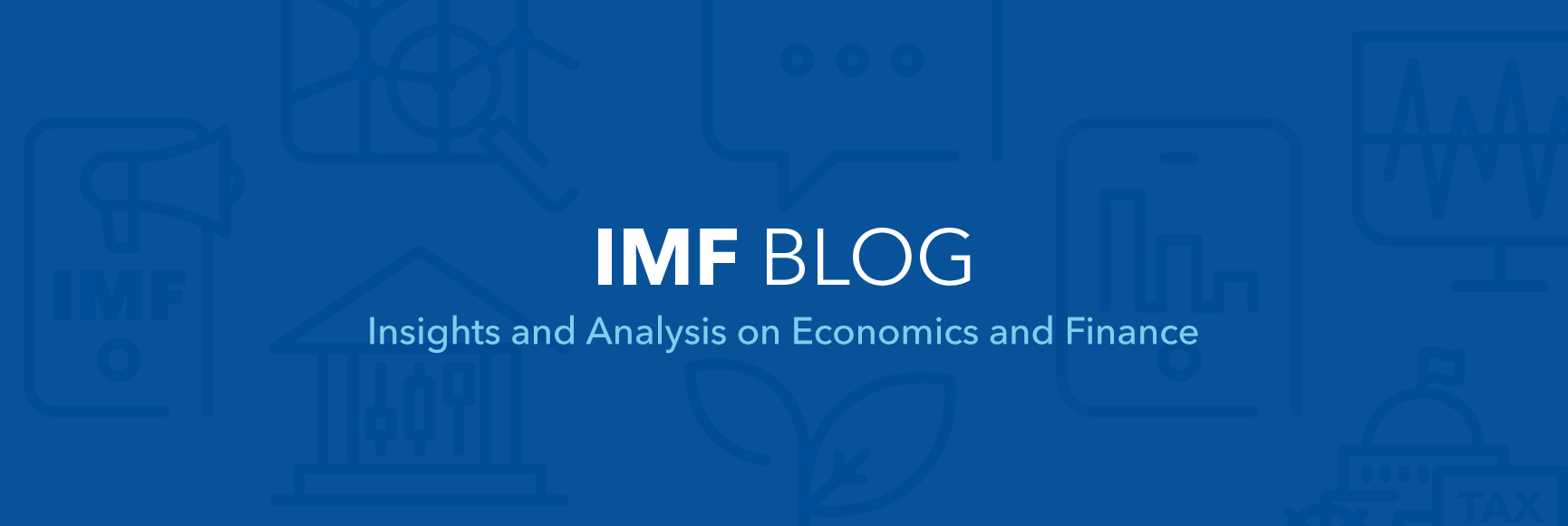(Version in عربي)
Historic transitions in several Arab countries are coming under increasing strain. Domestic uncertainty over the countries’ future course, compounded by the global slowdown and rising oil prices, took a toll on growth in 2011, and the current year will be equally challenging.
A joint and sustained effort is needed to help these countries navigate through this challenging period and set out an economic vision that is fair and inclusive.
Clear risks require strong resolve
The difficulties and challenges facing these countries were very much a focus of discussion during the recent 2012 IMF-World Bank Spring Meetings in Washington. The meetings brought together ministers and top officials from all over the world, with Middle East issues high on the agenda.
There was broad consensus at the Spring Meetings that a strong strategy is needed for the countries to overcome these mounting challenges.
- First, the immediate challenge that many Arab countries in transition now face is to address fiscal and balance of payments imbalances without crowding out private investment. This requires controlling wasteful and untargeted spending, especially on subsidies. But subsidy reform is not easy and it is crucial that adequate social protection is put in place while subsidies are being phased out. In some cases, addressing the balance of payments imbalances will also require allowing for more exchange rate flexibility. And it will be crucial to mobilize external support.
- Second, countries need to define their policy plans that aim at bringing about a job-creating growth that benefits all segments of the society. A piecemeal approach will not suffice to meet this challenge. Reform agendas need to go to the heart of the economic problems of the past that have also fed into the uprisings. This includes ensuring equal access to economic opportunities, promoting transparency, improving access to credit, enhancing the business environment, and reforming the education system and labor market.
- Third, the reform agenda needs to be designed in the respective country and to enjoy broad political support. Economic programs for countries in transition are most likely to be implemented by current and successor governments over 2-3 years. So, broad political support is crucial to strengthen confidence and to implement programs successfully.
- Fourth, the international community, including regional partners, has a responsibility to support Arab countries in transition by providing the necessary financing, market access, and technical assistance to help manage the difficult period ahead.
Regional events
Along with discussions with country delegations, IMF Management also participated in regional and international forums with a focus on the Middle East and North Africa (MENA). Our Managing Director, Christine Lagarde, met with ministers of finance and central bank governors from the region, a good opportunity to listen to their perspectives and issues. In addition, the Deauville Partnership Ministerial Meeting centered on the economic challenges that transition countries are currently facing. We gave our latest macroeconomic assessment on the Arab countries in transition in a background note to Ministers.
IMF Deputy Managing Director Nemat Shafik participated in a seminar on the political economy of subsidy reform, moderated by Al-Jazeera. The seminar focused on the experience of countries from Middle East and North Africa and elsewhere in carrying out spending reform, and particularly subsidies, which in the MENA region are both unsustainably high and inefficient. Speakers who played a key role in subsidy reform in their countries discussed how governments can address the challenges of phasing out universal price subsidies and introduce more targeted forms of social protection, and the lessons that can be drawn for the MENA region.
Finally, we launched a light version of our semiannual Regional Economic Outlook. During the event, I had the opportunity to present to the press and representatives from the region our latest assessment of the region’s economic situation and outlook and to address many questions on the Fund’s engagement with – and challenges faced by – countries in transition.
IMF’s financial contribution
We want to help the Arab countries in transition. In early April, the IMF approved a concessional loan for Yemen, discussions are under way with Egypt for possible financial assistance, we are providing Libya with the needed technical assistance, and IMF staff is in early discussions on financing needs and possible support in a few other cases. We remain ready to support programs that maintain macroeconomic stability, promote inclusive growth, enjoy the necessary broad political support, and include adequate external financing from regional and international partners.
We strongly believe that any reform agenda should be designed and owned by the country. The IMF can provide technical advice and the lessons of experience from across our membership, and we need to ensure that the measures in any country’s economic program are likely to achieve their stated objectives.
But the specific choice of measures is best decided by those who will have to implement the program. To this end, political consensus is crucial to strengthen confidence and to implement programs successfully.




